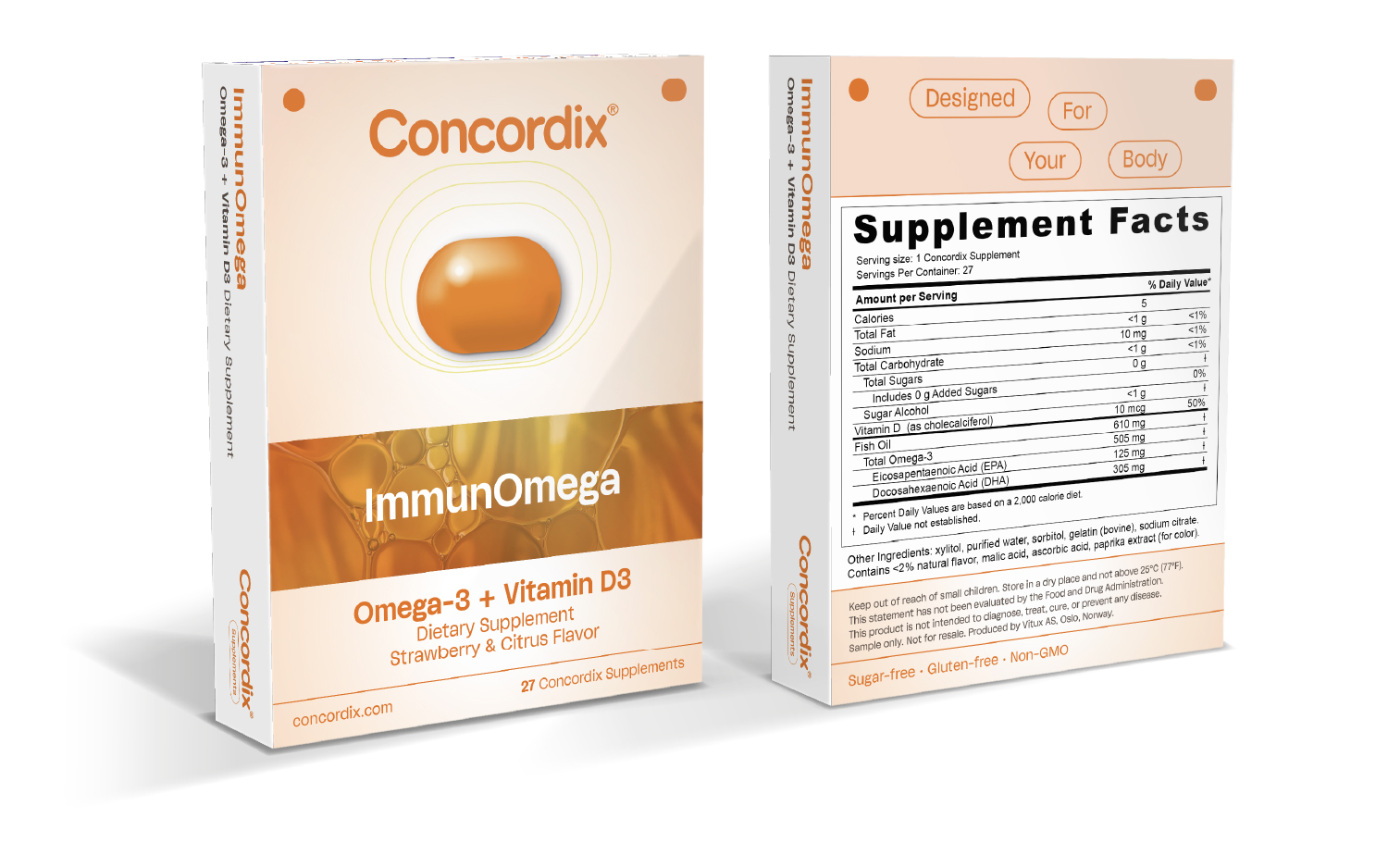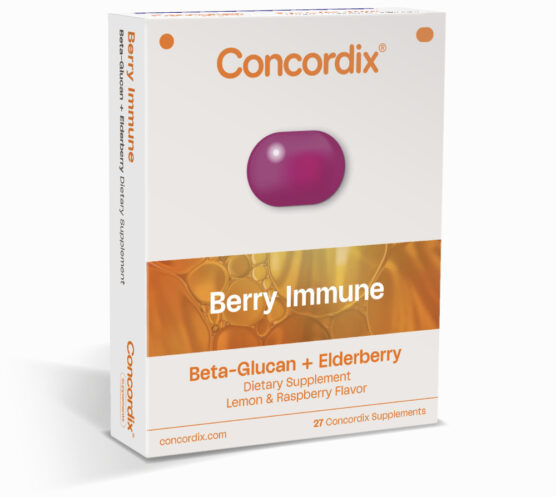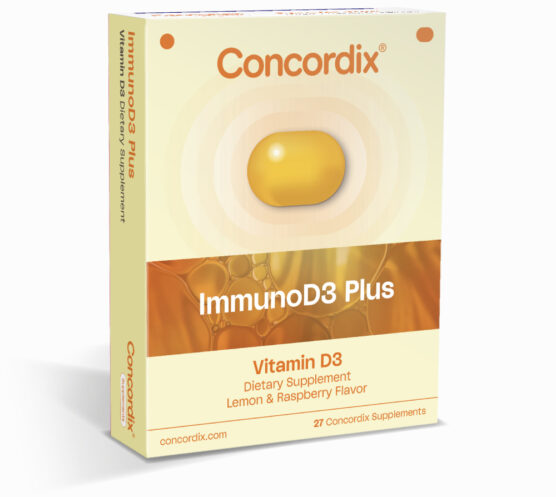Omega-3
Omega-3 fatty acids are essential polyunsaturated fatty acids (PUFA). These PUFAs can not be synthesized by the human body but has many health benefits. The health effects have been extensively documented and probably the most known effect of omega-3 PUFAs is to reduce the risk for cardiovascular diseases. There are also indications that omega-3 PUFAs may lower the risk for dementia and mitigate depression.
The most important omega-3 PUFAs in the human diet are:
1. Alpha-linolenic acid (ALA)
2. Eicosapentaenoic acid (EPA)
3. Docosahexaenoic acid (DHA)
ALA is found in plants, including chia, flaxseed, hemp, and nuts. Plants contain of fibers that are difficult to digest for humans and can reduce absorption of essential bioactives. Some studies indicate that ALA has neuroprotective, anti-inflammatory, and antidepressant properties. The human body contains enzymes that convert ALA into DHA and EPA, however, the conversion rates are often very low with ranges between 1% to 20%.
High concentrations of EPA and DHA are found in fish and shellfish. EPA and DHA in fish oil are easily absorbed by the human body. It is known that these PUFAs have different effects.
For instance, EPA is metabolized to eicosanoids that regulate fundamental physiological processes such as cell division and growth, blood clotting, muscle activity, and the secretion of digestive juices and hormones. Eicosanoids derived from EPA may reduce certain inflammatory processes that can lead to heart attacks and strokes.
DHA is not involved in eicosanoid formation but is highly concentrated in the brain and involved in normal neurological development and functioning. Next to that, DHA is an important part of the retina and plays a role in visual development and normal eye function.



 Vitamin D is a fat-soluble vitamin that is naturally present in very few foods such as fish. When the skin is exposed to the sun, the human body is able to synthesize vitamin D from ultraviolet rays. It is involved in many different biological processes including, bone health, immune system and cell division.
Vitamin D is a fat-soluble vitamin that is naturally present in very few foods such as fish. When the skin is exposed to the sun, the human body is able to synthesize vitamin D from ultraviolet rays. It is involved in many different biological processes including, bone health, immune system and cell division.

